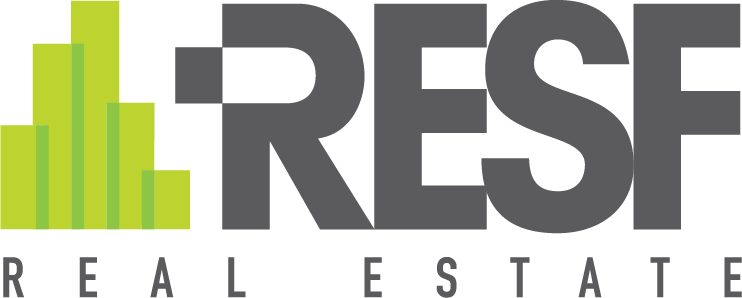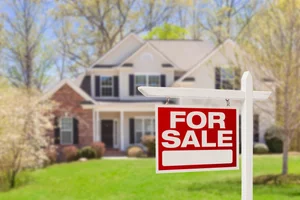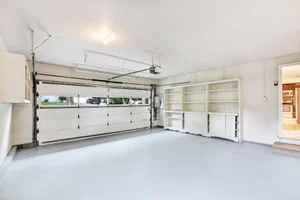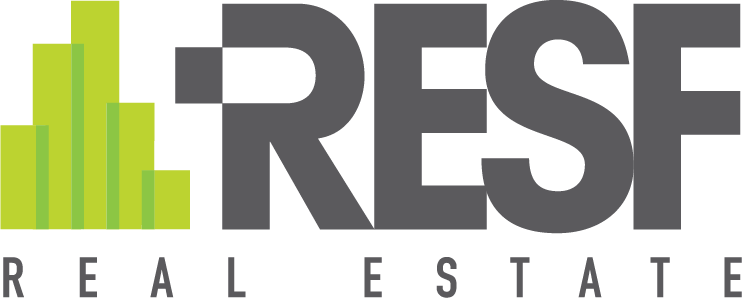The recent coronavirus pandemic has impacted our lives beyond belief. Its influence is seen everywhere, and it seems to be on everyone’s mind. One area that has seen significant changes is the economy - and not for the better. Quarantines and movement restrictions have had an impact on buying and selling of all kinds, especially in the real estate market.
Unemployment rates have skyrocketed. We’ve experienced shortages, panic buying, and an overnight influx in remote workers. In fact, many aspects of our daily lives have changed.
All of this has caused the real estate market to grind to an ignominious halt. From big-time property investors to a family simply looking to move home, this real estate dip may seem like a cause for concern. Simply put, is investing in real estate worthwhile at the moment?
How can you, a buyer or seller, deal with the recent real estate market dip? What upcoming trends are likely to affect this year’s predictions, and how can you prepare?
Coronavirus and its Impact on the Real Estate Market
Ironically, 2020 was set to be a good year for real estate. The economy was healthy, and house prices were predicted to rise. The first quarter of 2020 was extremely promising. Of course, the pandemic put a stop to all that. The subsequent quarantines and restrictions meant that hardly anybody could move home - even if they wanted to.
With a huge reduction in buying and selling, the market ground to a standstill. While the market is tentatively beginning to get moving, we are still at the beginning stages of a revival.
The inventory of the real estate market has considerably dropped, and the median price of the average home is beginning to decline. While this can be good news for buyers, it certainly isn’t good for sellers. Poor competition and lack of buyers leads to sellers simply deciding to wait to sell their properties.
At the moment, the market may be slightly leaning towards buyers. With fewer people trying to buy, a buyer’s chance of catching a bargain could be a little better than usual. Of course, since many people are choosing to wait to sell their properties, this also means that a buyer will find themselves with a limited choice.
However, this dip won’t last. The real estate market is subject to changes and always has been. Since the coronavirus pandemic has made such a lasting impact on our world, it’s likely that it will have far-reaching effects - that includes the real estate market. Whether you’re a buyer or seller, keeping up with the latest trends and changes to the market is your best bet to stay ahead of the competition.
Trends to Watch
Each year, certain trends are predicted in the real estate market, along with their predicted results. This year, the trends are a little different. While the following list is by no means an exhaustive one, it’s good to be aware of possible changes to the market.
The handling of the coronavirus pandemic may directly impact the real estate market.
The pandemic is in recession in many areas of the world. However, this could change very quickly. Poor handling of the virus could lead to subsequent restrictions and quarantine. Naturally, this will set the real estate market back in terms of progress. Unfortunately, this means that the market’s health (and that of the economy) is reliant on how the virus is handled, how well restrictions are obeyed, and more.
On the other hand, if the pandemic becomes nothing more than an unpleasant memory in six months’ time, buying and selling will likely boom again. This will nourish the economy and the real estate market. Whether you choose to invest in real estate or not will likely depend on how the virus is progressing in your area of the world.
Some buyers and sellers have decided to wait. While this is a wise decision in many ways, it also means that the market will continue to stagnate.
Remote working has caused big changes.
There’s nothing quite like a whole family working from home to highlight a house’s shortcomings! Additionally, remote working is becoming the new norm. Spare rooms or studies were once an occasional luxury; for many, they’re now a necessity. People are looking for homes with more space to allow them to work in peace.
Since remote working is expected to continue even after normal life has resumed, this may well change the way we work altogether - and how we shop for homes. Good WiFi, quiet neighbors, and space to work in peace will be high on potential buyer’s lists.
Buyers are looking to the suburbs, instead of the previously popular urban areas.
Urban areas were once hugely popular due to their convenience. A person could skip their commute while living right next to any other facilities they might need. This is no longer the case. In fact, the cramped big cities have become virtually unbearable in the wake of covid-19 and its social distancing and hygiene issues.
As the pandemic recedes, more and more buyers are willing to make that commute and live in a spacious, comfortable location in the suburbs. The Sunbelt is a particularly popular region, so real estate in those states could be very lucrative.
Affordable housing is still a big issue - and getting bigger.
As always, low-income families were hit hardest by the pandemic restrictions. Unemployment is a serious problem since perfectly good workers have been laid off for no fault of their own. Struggling to make ends meet and feed a family, the fear of eviction looms over many.
Safety and cleanliness are paramount.
All faculties that wish to remain open need to adapt to new guidelines. This means regular cleaning and sanitization, touchless entrances and exits, contract tracing apps, and sensors. Hotels, offices, and retail stores are included in this.
Cutting corners can lead to customers feeling unsafe in the facility. Poor safety features may even lead to a facility being unable to continue operating.
Real estate taxes are declining.
As stores, offices, hotels, and other facilities lose tenants (and therefore value) their real estate tax will decline. Since this tax is a primary source of revenue for the government, this can have a real impact on future infrastructure. Projects may be postponed, or even canceled altogether.
Shopping habits have changed.
Of course, the average shopper leaned more towards fast fashion and online shopping even before the pandemic. However, coronavirus caused a huge increase in these shopping habits.
Simply put, this means that more and more retailers will go under. Empty lots with low rent will become more and more common.
Up and Coming Real Estate Markets
The mass exodus to the suburbs has increased the real estate market in certain areas. Let’s take a look at some of the predicted hot spots this year.
Raleigh, North Carolina
Raleigh is currently a buyer’s market, with over 70% as residential housing. The houses currently have the lowest median, and it’s also good for renters. As the second-largest city in North Carolina, Raleigh offers a good mix of urban and suburban.
Austin, Texas
Austin is a Sunbelt location, giving it a huge advantage. These areas are growing in popularity right now! Additionally, Austin has enjoyed an influx of tech companies and their workers. That means more buyers and sellers!
Nashville, Tennessee
Nashville is another area enjoying an influx of workers. Generally considered an affordable area to live in, Nashville is popular among young professionals.
North Georgia
For many families, space and beauty is now their primary concern. Locations like North Georgia, with its scenic lakes and mountains, are becoming more and more popular. Of course, a property with an idyllic location can easily dazzle a buyer to certain flaws. For extra security, it’s a good idea to use a localized real estate agent. Some real estate agents specialize in certain areas, such as Rick Andrews in North Georgia.
Tampa, Florida
Florida has long been a popular destination. Tampa has recently enjoyed a significant increase in jobs, and is predicted to see a combined sales and price growth of 16.2%. It’s also a popular location for renters, due to the reasonable affordability of living.
A Changing World?
Moving home is often described as one of the most stressful things a person can do. And that goes beyond physically moving. Picking a perfect location or selling a home can come with a ton of stress, and there are plenty of pitfalls.
Yet, learning more about the real estate market and staying up to date with its ever-changing trends can make the difference between a bargain and a bad buy. Our world has changed rapidly over the past year, and the world’s economy and real estate market has changed with it.
Currently, the market may not seem to be in good health. While that’s true, the current dip in the market won’t last. When inventory returns and house prices rise, it would be best for you to be prepared - whether you’re buying or selling!











